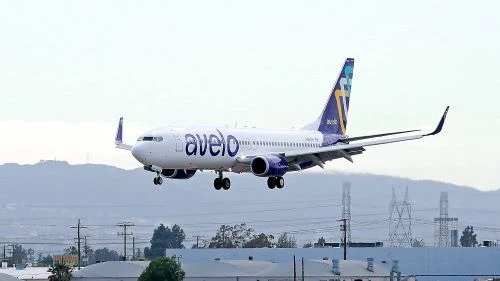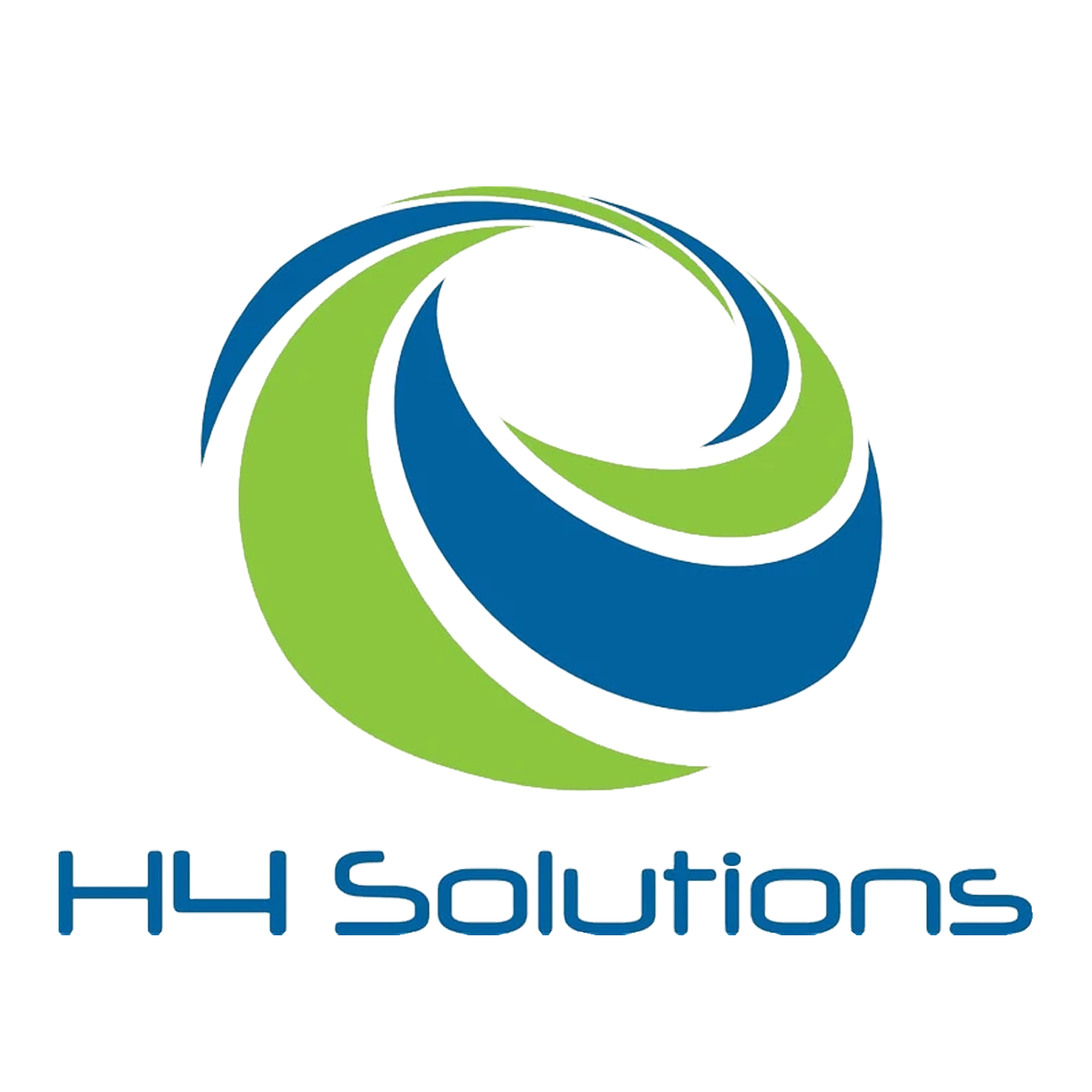
A new US airline has now taken to the skies, the first to do so since Virgin America began carrying passengers in 2007. That airline, however, was eventually bought out by Alaska Airlines in 2016, leaving the US airline industry with three major legacy airlines (Delta, American, United) plus Southwest Airlines, the largest city-to-city air carrier, and various smaller (mostly budget) carriers vying for customers. The market has now become more competitive, though, with the appearance of Avelo Airlines, which began operations on April 28th with a flight from Hollywood Burbank Airport to Santa Rosa in Northern California, a town fronting the the region’s wine country.
More Competition
For most airline experts, the many airline mergers and consolidations that took place in the 2000s and 2010s was a mixed blessing at best. The lack of competition in any marketplace, including in the airline space, can sometimes lead to distortions, with prices higher than they’d normally be if more airlines were competing for customers. Today, American, United, and Delta – all exceptionally large hub carriers — survive the industry shakeout that began with 9/11 and continued into the 2010s with the eventual mergers of US Airways and Continental Airlines with American and United, respectively. Before those airlines, many other American air carriers had already departed the scene. Today, no one would argue that US air travelers have far fewer airlines to choose from than they did 20 years ago.
Avelo Airlines
Enter Avelo Airlines, a start-up carrier first envisioned in 2015 by former top United and Allegiant executive Andrew Levy with the idea of delivering a “softer, gentler, and kinder” air travel experience. In keeping with his philosophy of making flying affordable for everyone, Levy is aiming Avelo squarely at the budget air travel market. The airline is flying out of smaller airport and on routes where there’s little or no competition, especially from the big carriers and their captive regional airline partners.
The Budget Model
To succeed in the budget airline world, a carrier first has to offer cheap airfares, which Avelo does. Like other budget airlines, this one will charge extra for any carry-on and checked bags (though their fee is notably lower than their competitors) as well as for a seat assignment, such as to avoid the dreaded center seat. This a la carte purchase experience is common with budget airlines like Frontier and Spirit, and customers flying on them have already demonstrated that they’ll pay for the things they value, such as an exit row seat for a little more legroom. Levy and his airline hope to do the same thing, only better.
Airline Economics
Airlines are expensive businesses to run, and they can burn through cash at a prodigious rate, with costs being high and net profits generally on the low end of the revenue scale. But Levy – who delayed Avelo’s opening by six months because of the coronavirus pandemic – feels his airline has some strengths that will help it succeed. These include that the carrier was able to lease airport gates and buy planes and parts at prices much lower than before the pandemic hit, saving it millions of dollars in costs that helped it preserve a great deal of cash. Time will tell if the airline can grow and prosper once the bigger non-hub players such as Alaska take note. That airline has already added a Burbank-Santa Rosa route in response to Avelo’s appearance.
Where Avelo’s Flying
At present, Avelo has three Boeing 737-800s and flies 11 nonstop routes out of Hollywood Burbank Airport, a small airfield in metro Los Angeles, and only in the Western US. Cities served by Avelo include Eugene, Oregon; Bozeman, Montana; and Phoenix’s Mesa-Gateway Airport out in that city’s suburbs. Landing and gate fees, along with myriad other expenses, are no doubt less at those smaller airfields than the carrier would have to pay at the major facilities.
Prices
Avelo’s airfares are strictly budget-level, so don’t expect too many amenities if you’re considering taking advantage of their low prices. You can only buy tickets through the airline’s website, but you won’t be charged a fee if you call the carrier’s reservation center. Checked bag fees are $10 at present. Because the airline’s flights are all under two hours (for now), there’s no Wi-Fi available onboard, but Levy says they’re considering offering it on future flights if the technology they’re assessing proves feasible. At present, flyers will only get a bottle of water and a snack when they board, but Avelo will offer packaged buy-on-board food and other beverages in the future, Levy says.

